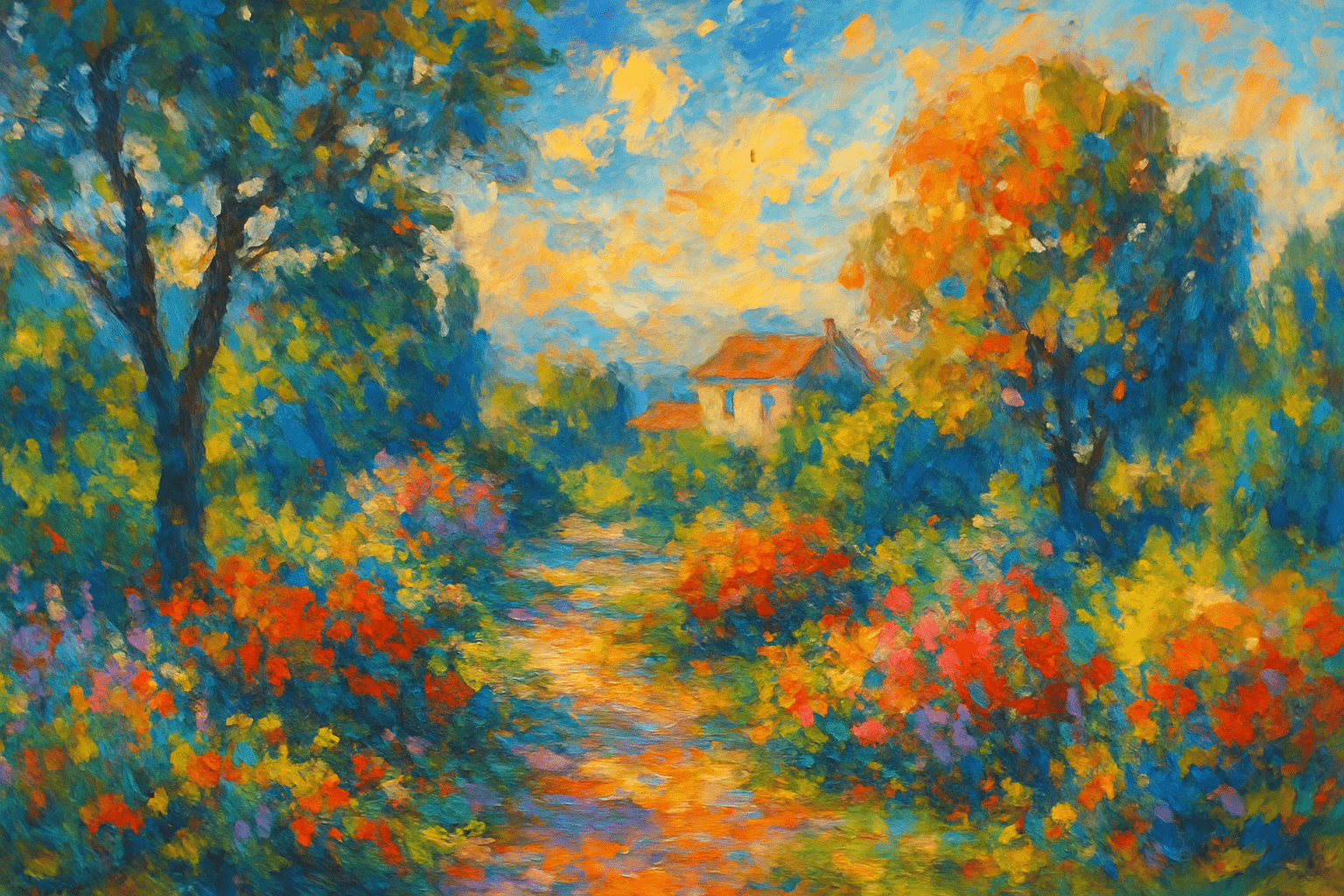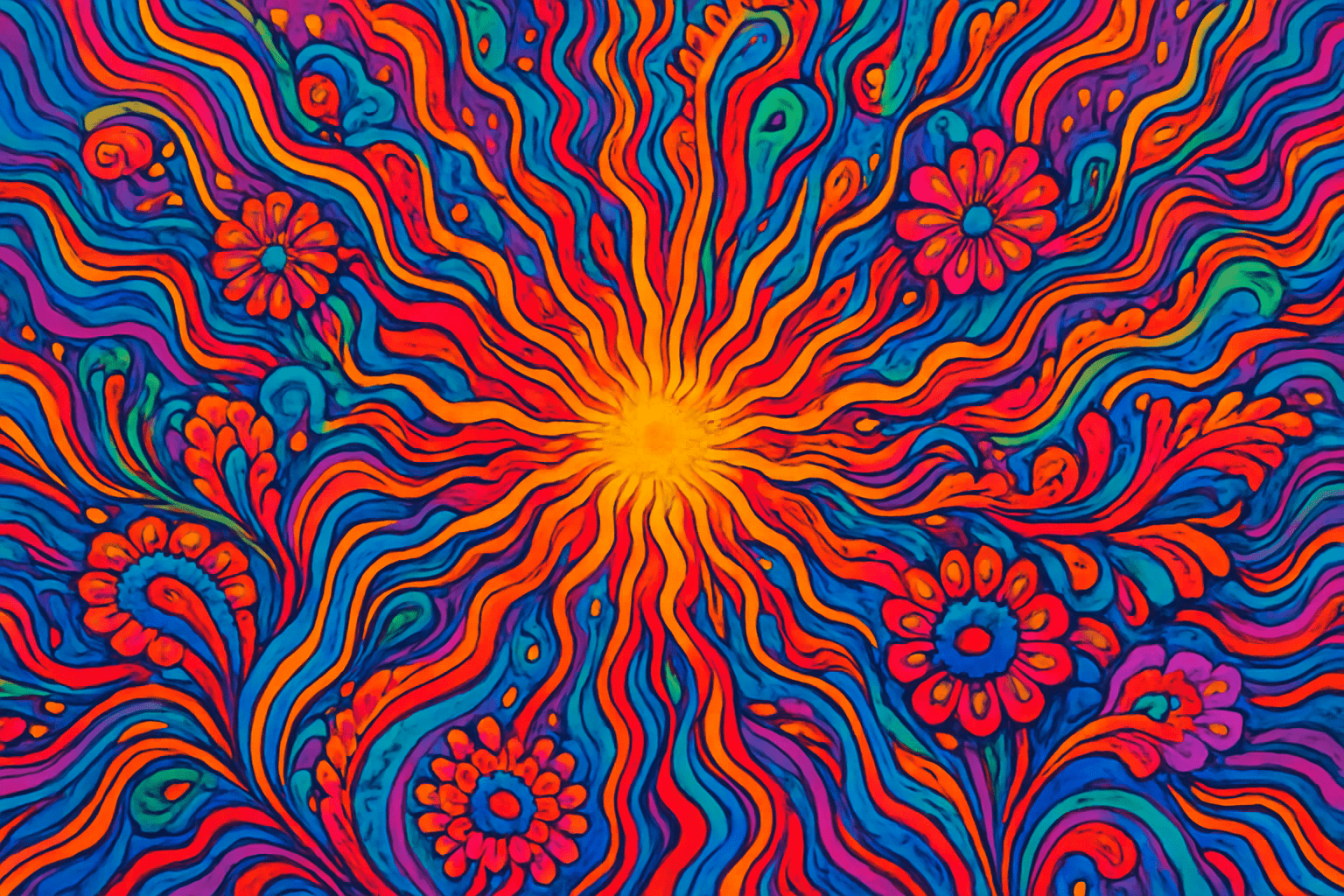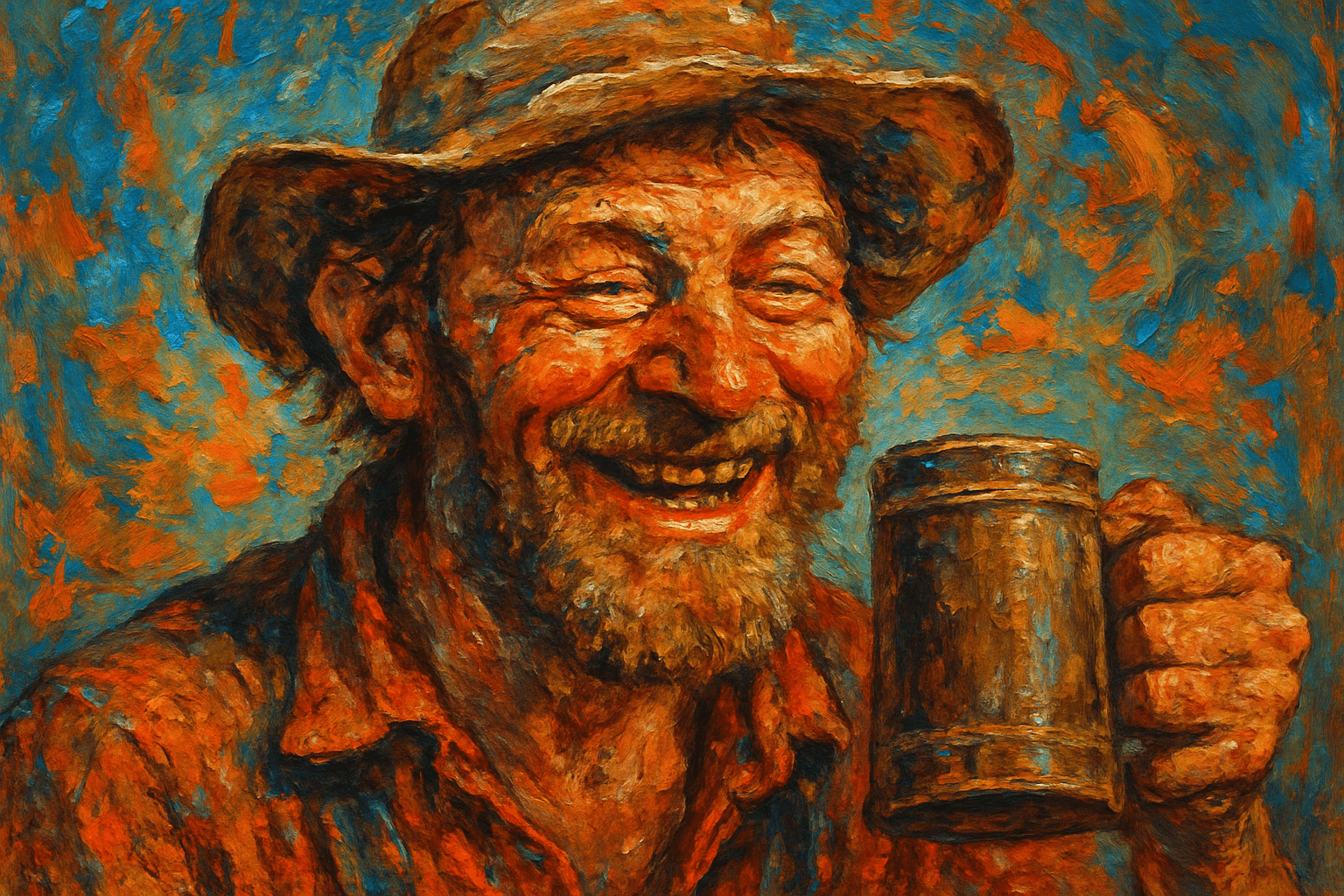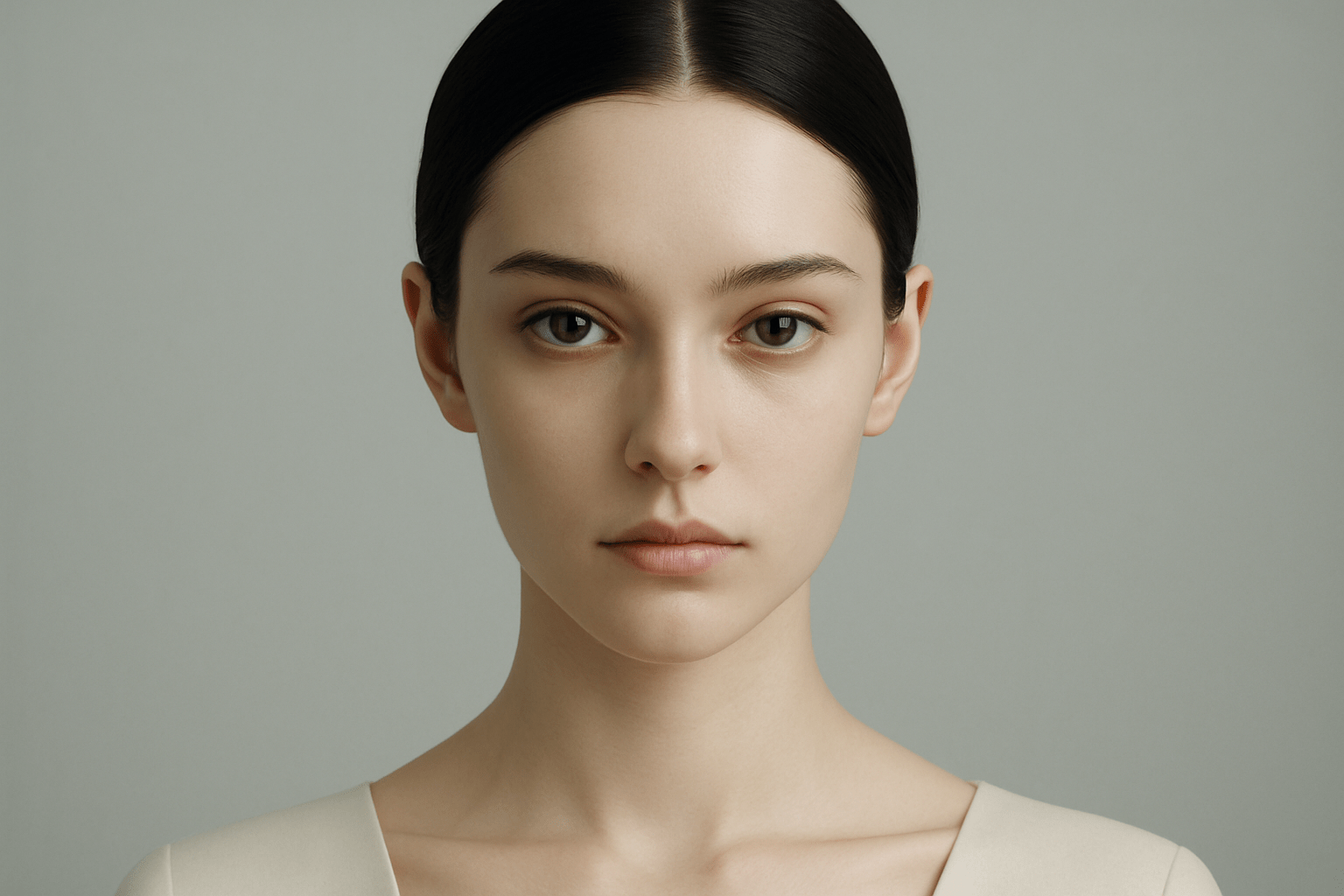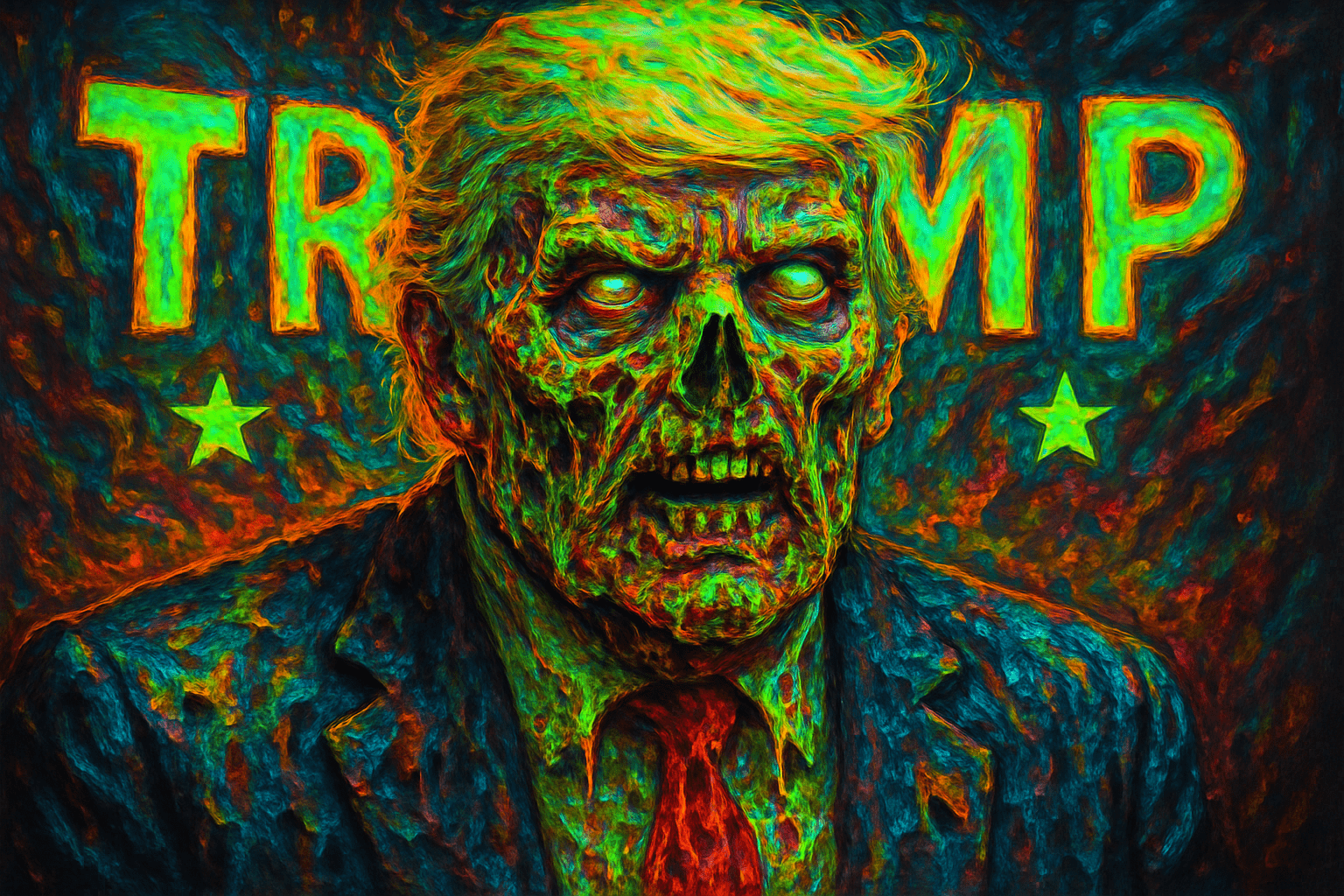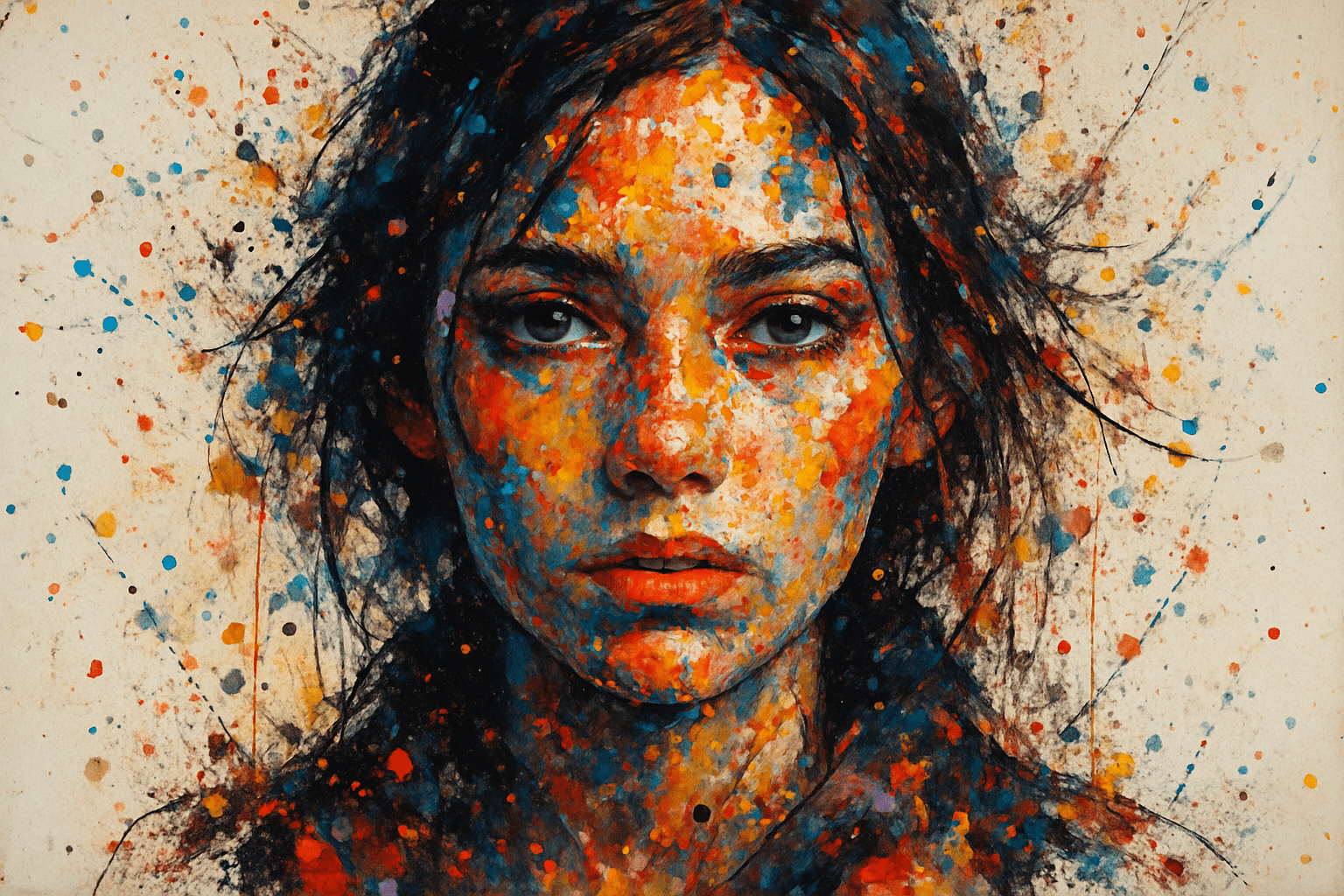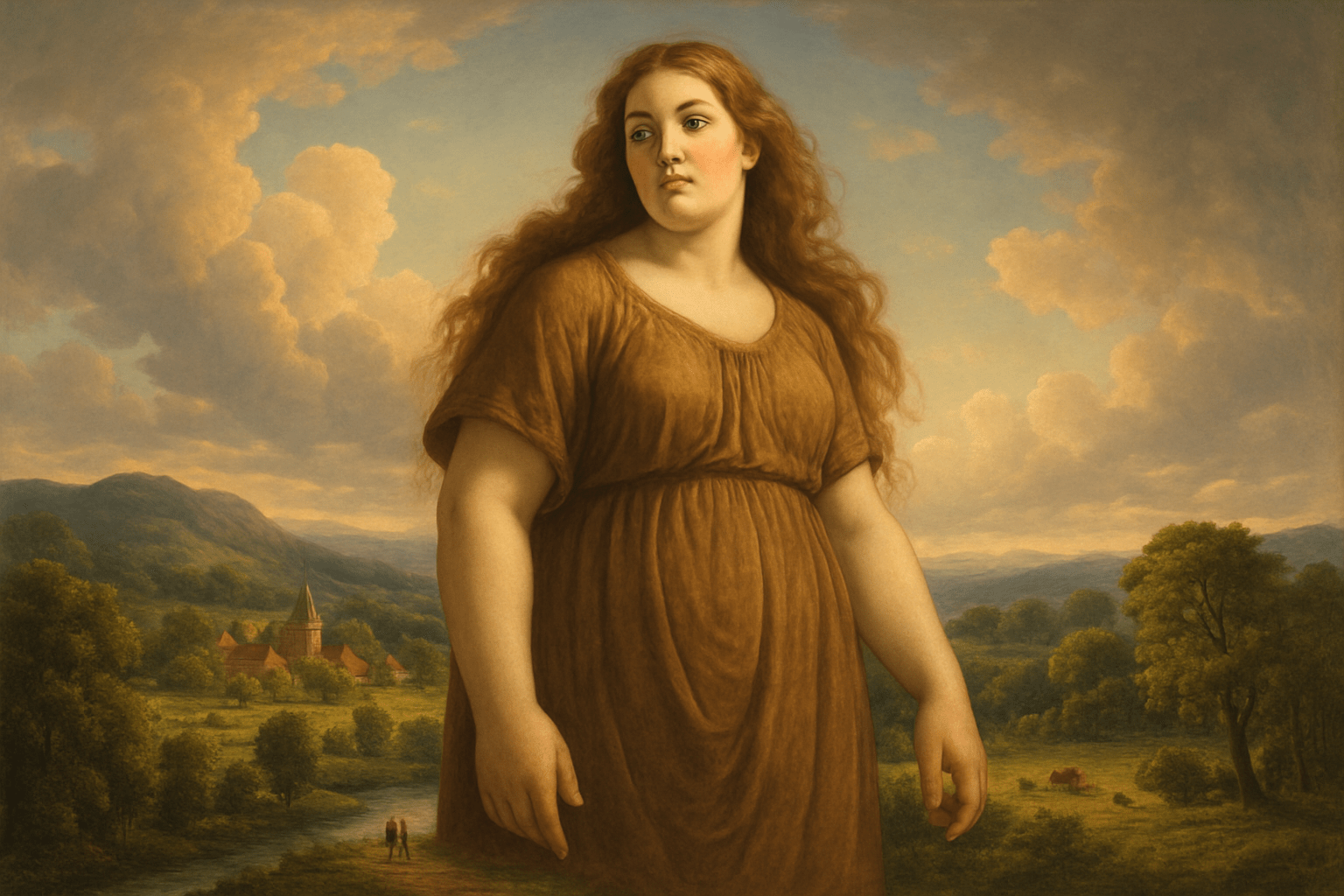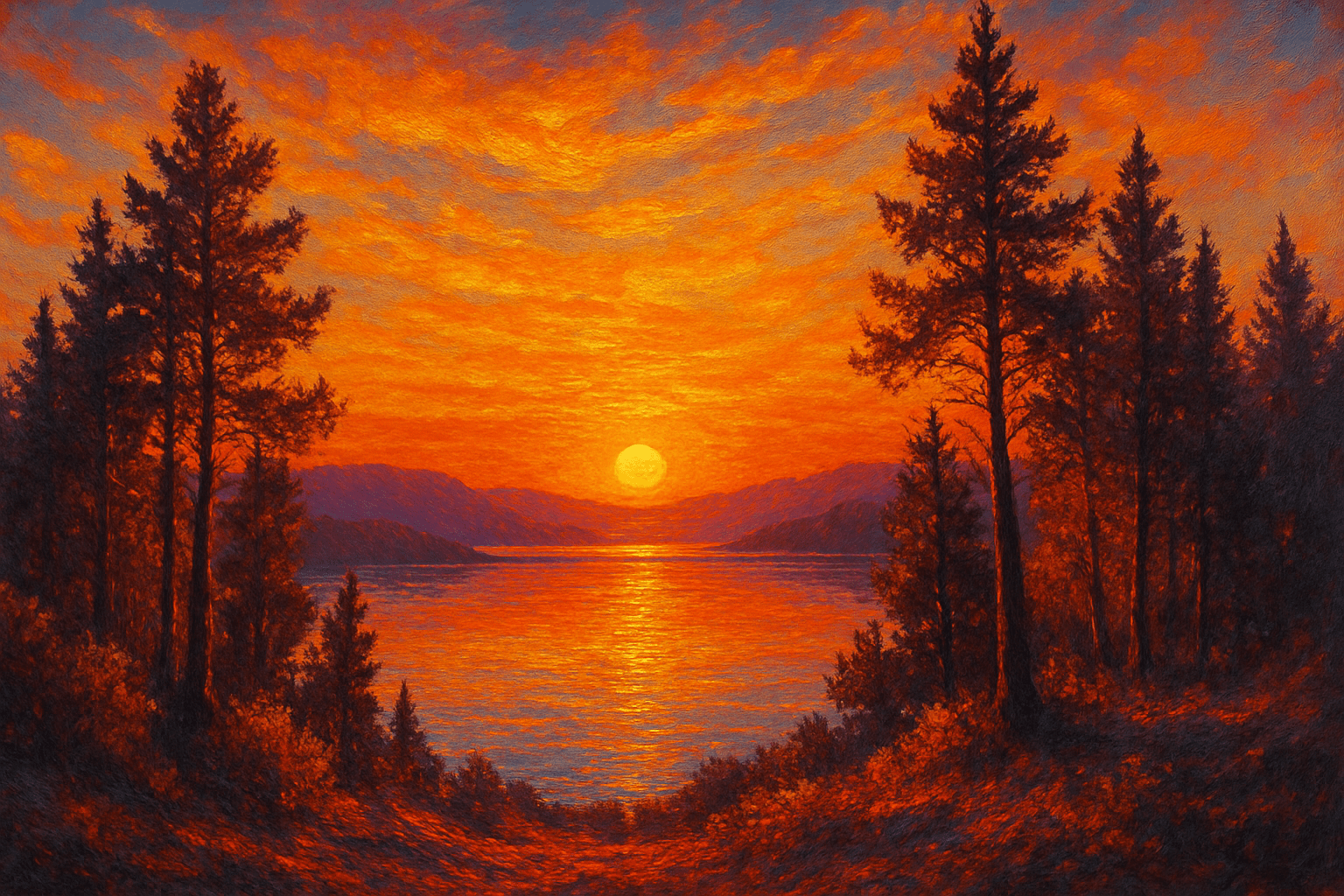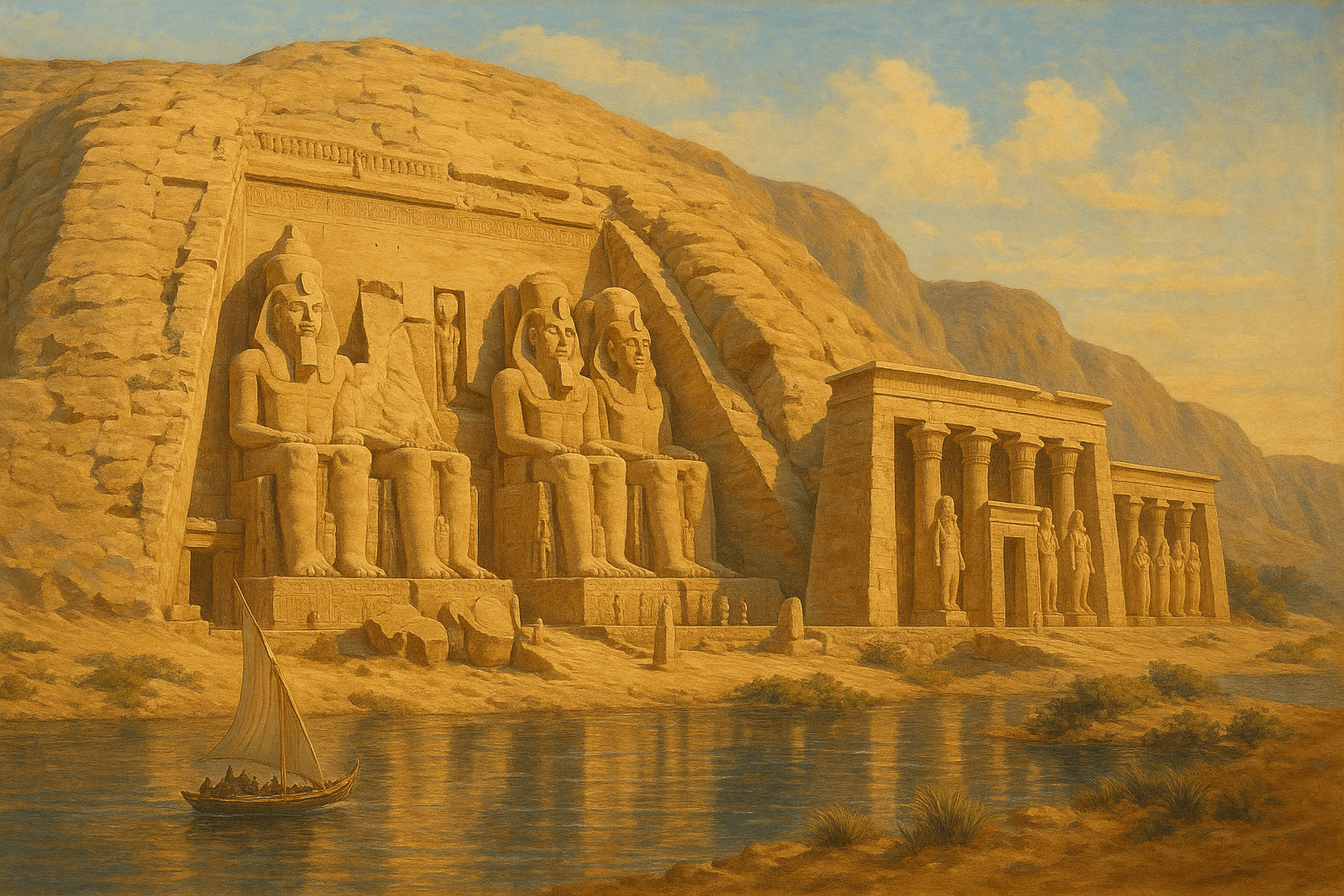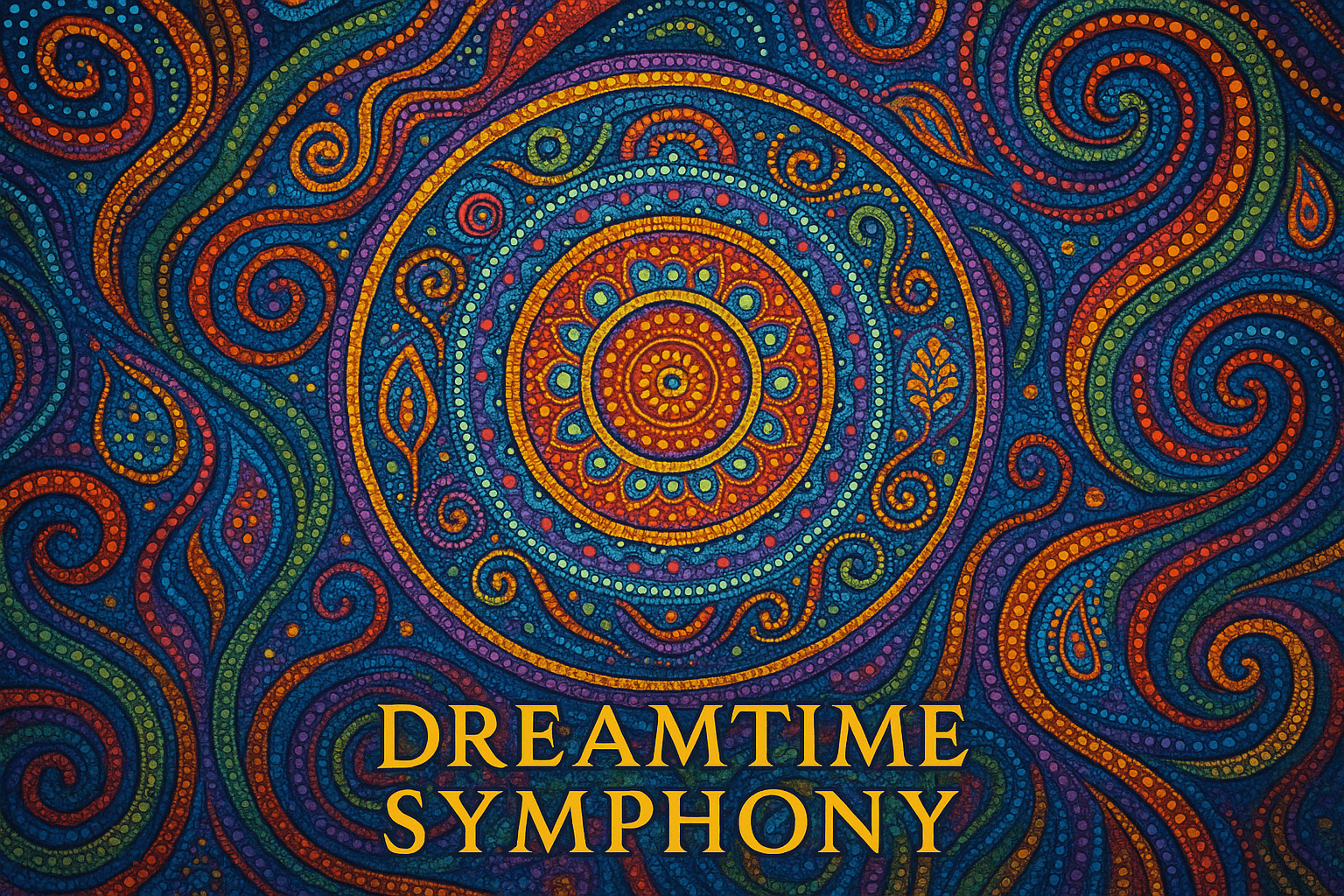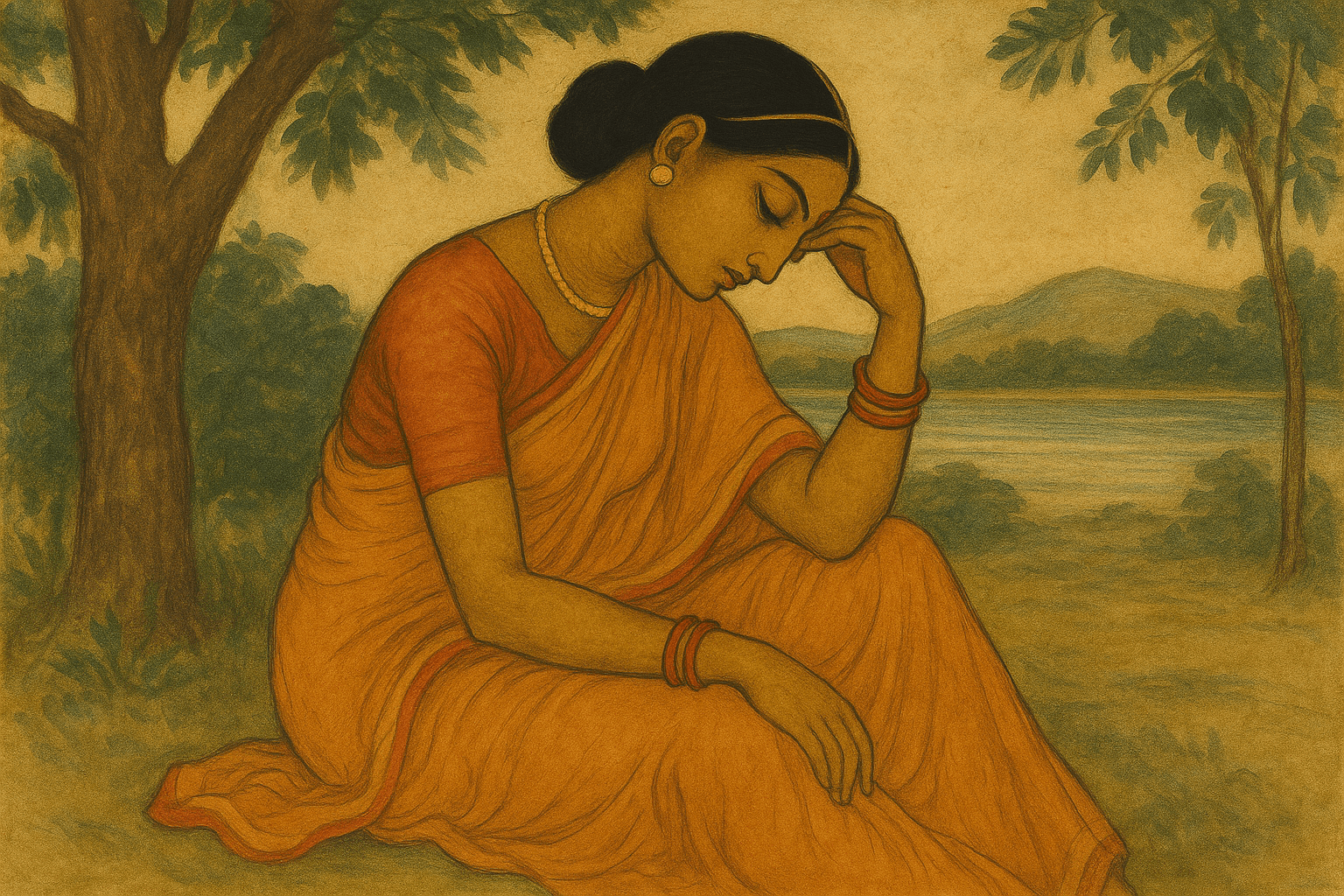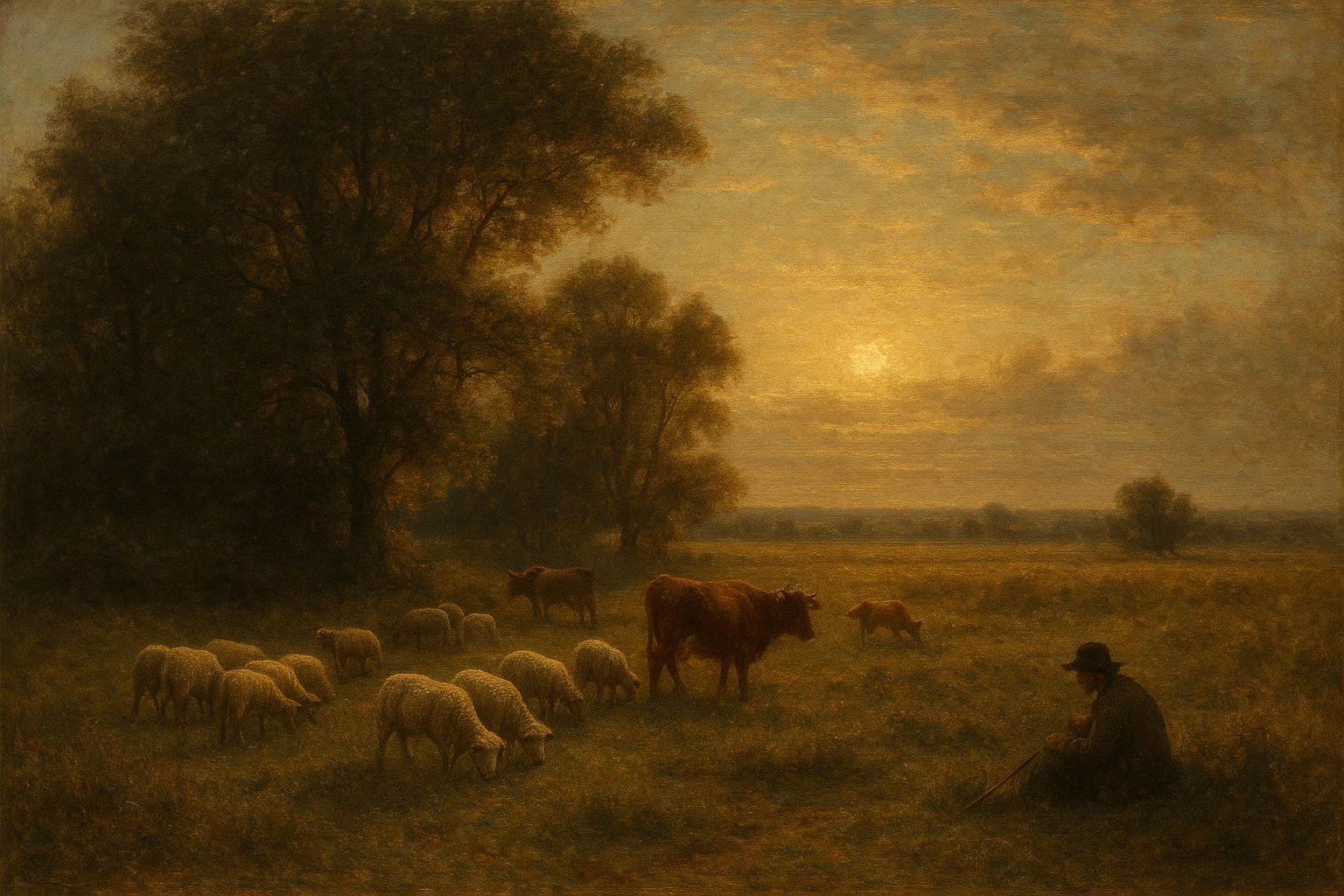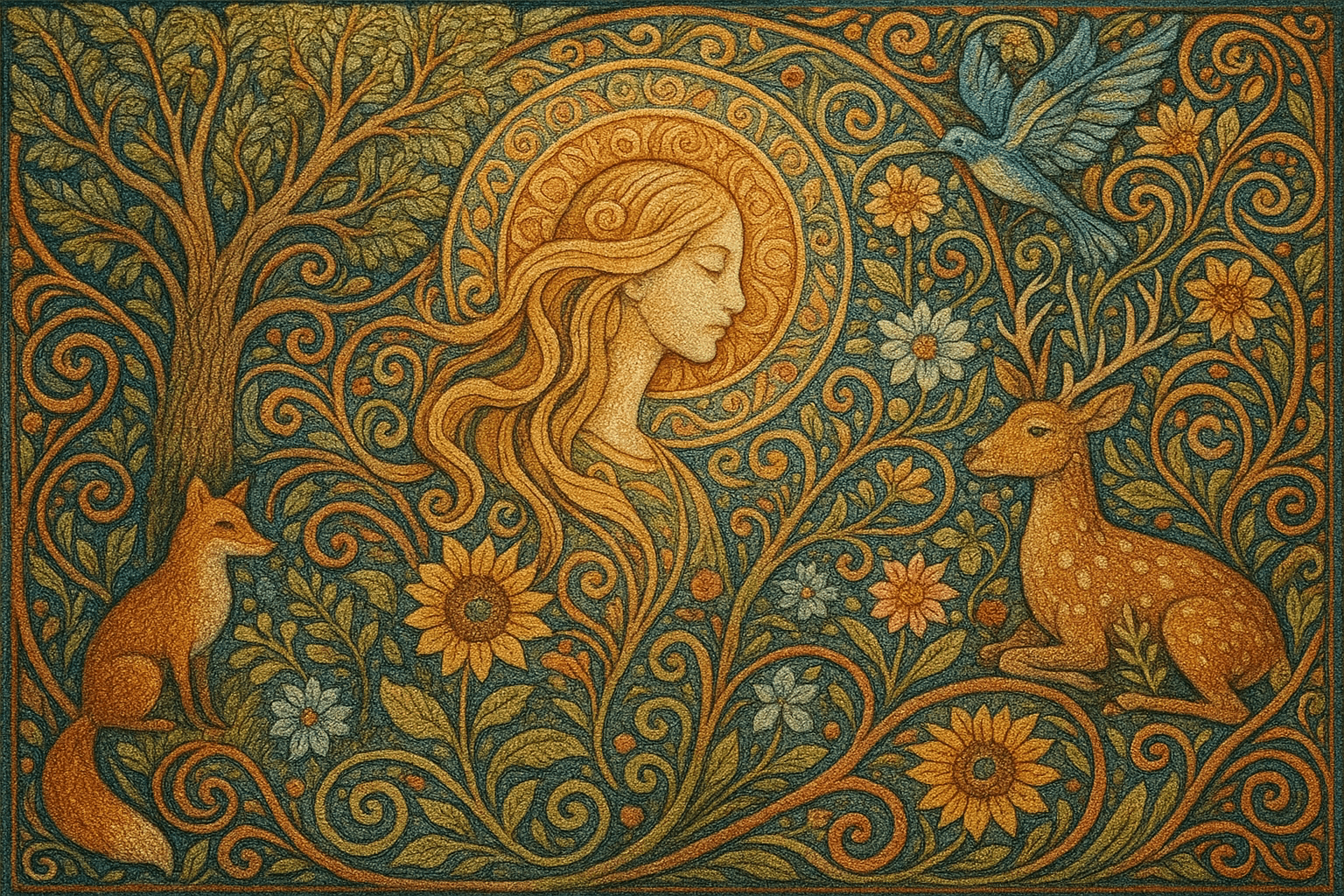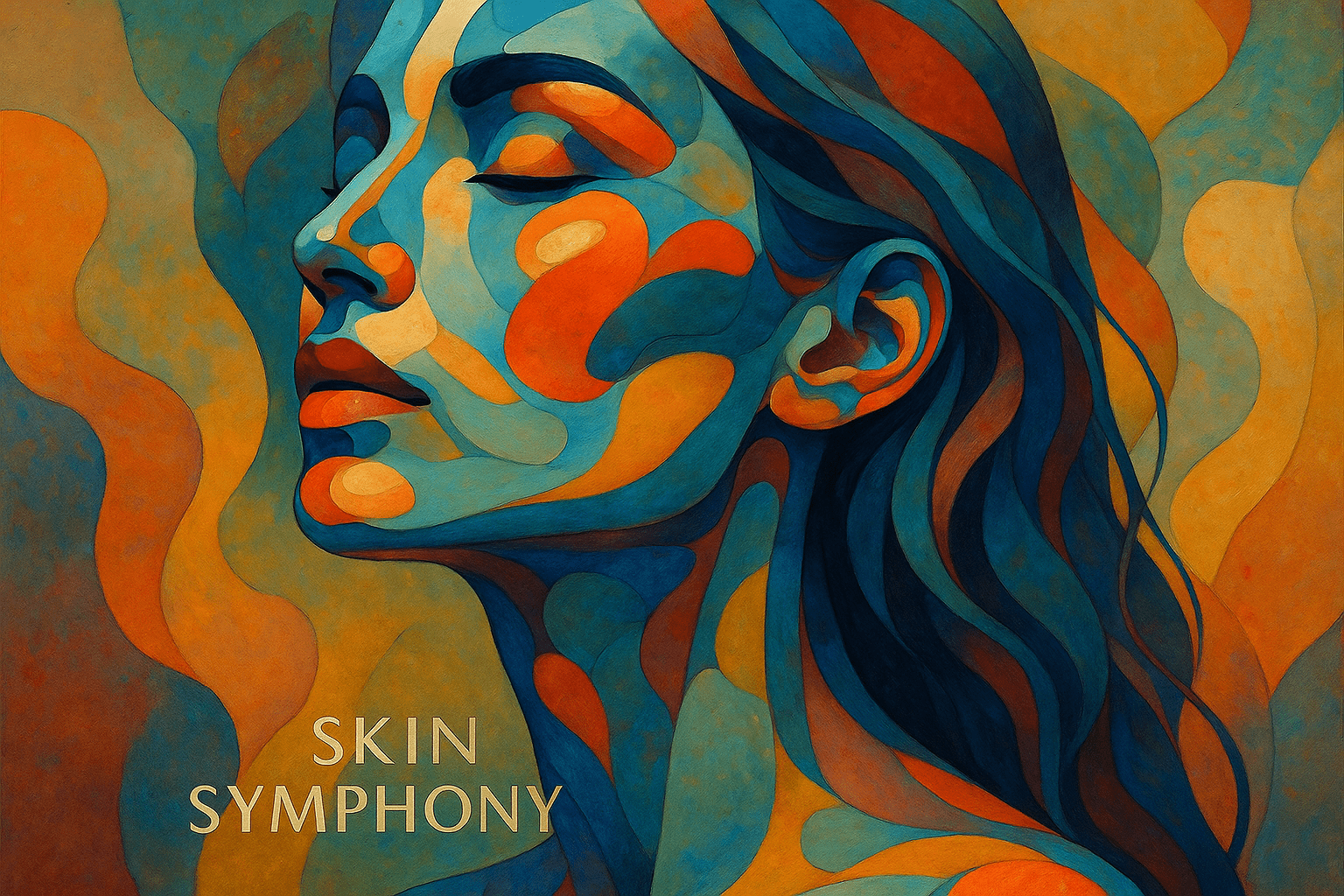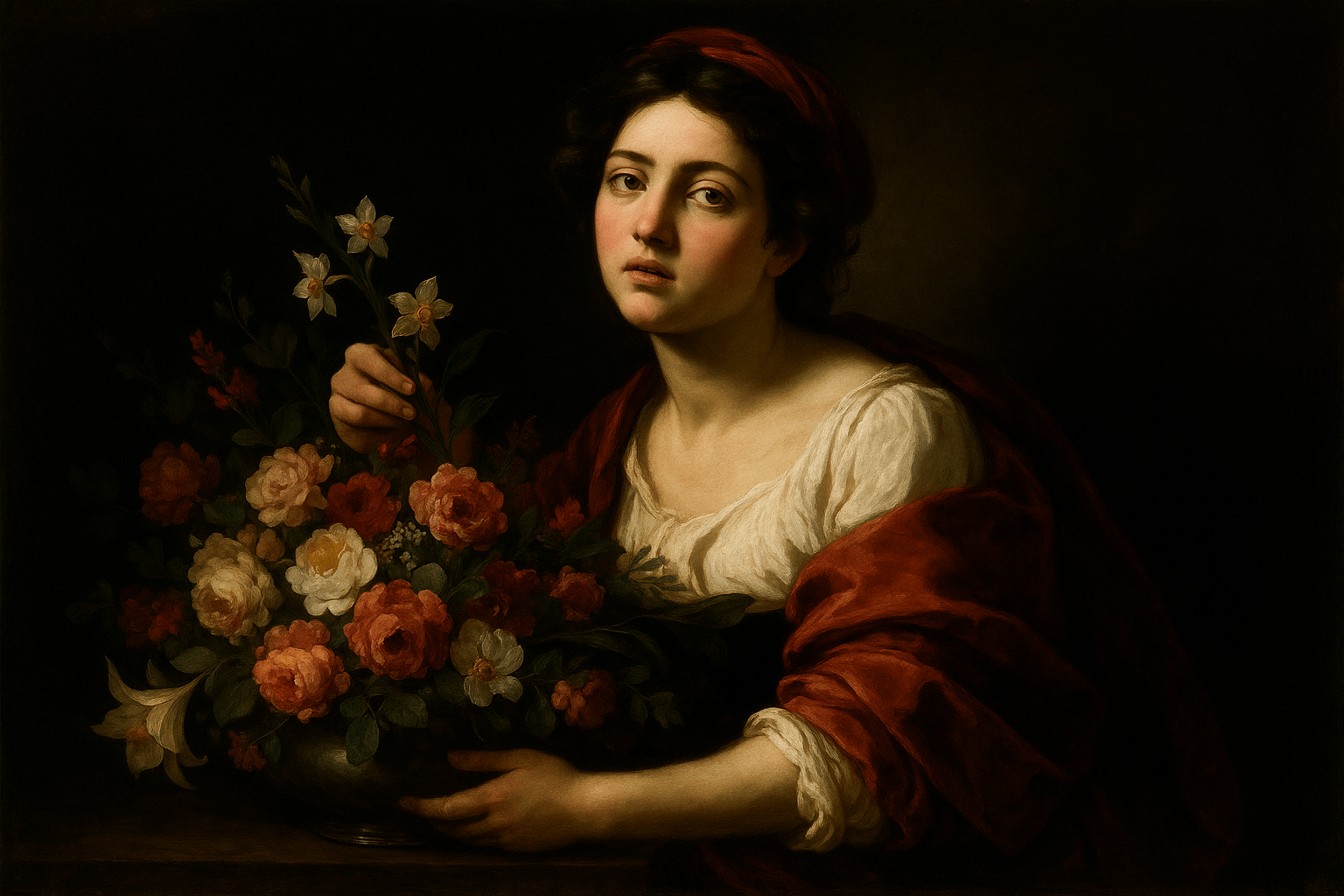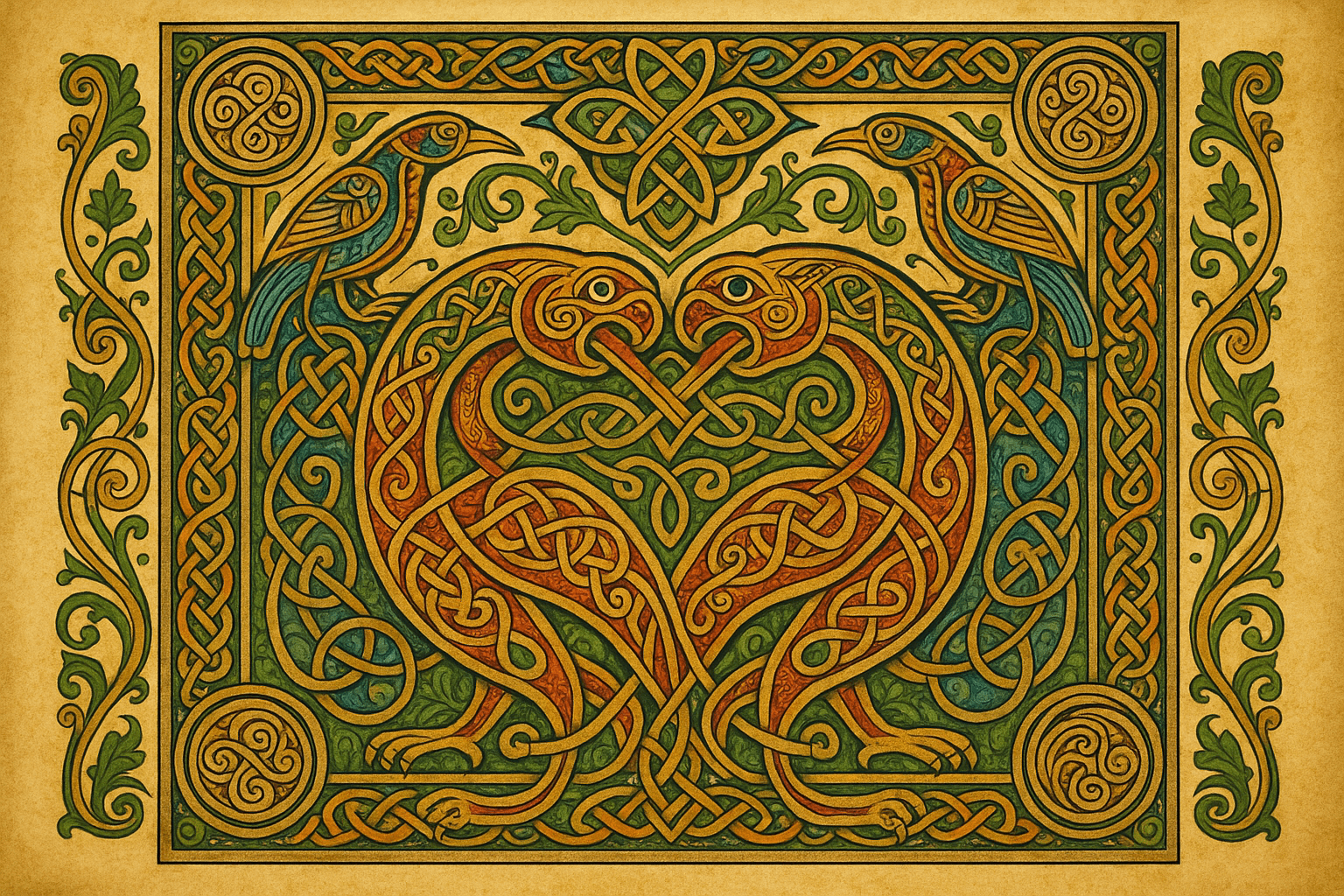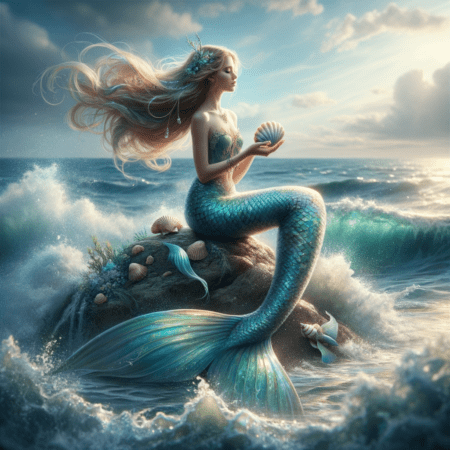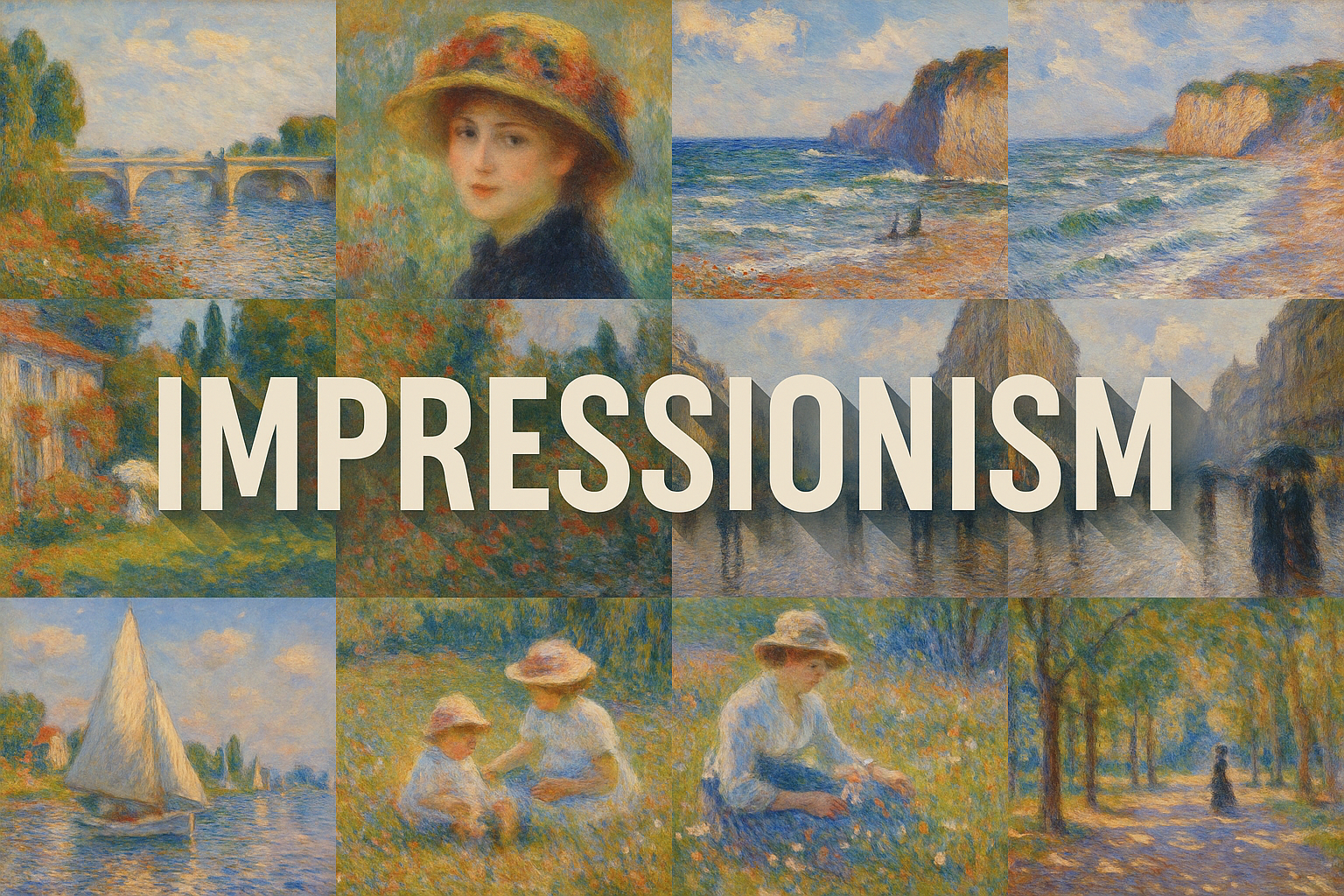
Impressionism
The visual appearance of Impressionism is characterized by short brushstrokes of bright colors. The paintings are often of landscapes or everyday scenes, and the light is usually captured in a moment.
AOI thinking about Impressionism [+_~]-/
Overview and Quickfacts
Impressionism is a style of painting that emerged in the late 1800s and emphasizes an artist’s immediate impression of a scene or subject, rather than a detailed, realistic portrayal. Impressionist paintings are often characterized by light colors, soft brushstrokes, and visible brushstrokes.
Can understand it also, as:
Artistic style characterized by short brushstrokes and vivid colors, typically used to depict scenes from nature.
Categorize it as:
Impressionism, Modernism
.: Dreaming :.
holds a HAIKU for the art style
:. Thought is power .:
Detailed Description
Impressionism is a style of painting that emerged in the late 1800s and reached its height in the 1880s. The style is characterized by short brushstrokes, often done in a single color, that give the impression of light and movement. The style was used to capture the fleeting moments of everyday life, such as the effects of sunlight on a scene. Some of the most famous impressionist paintings include Claude Monet’s “Impression, Sunrise” (1872), which is often credited with giving the style its name, and Pierre-Auguste Renoir’s “Luncheon of the Boating Party” (1881). Other notable impressionist artists include Paul CÃÂézanne, Camille Pissarro, Edgar Degas, and Mary Cassatt.
.. beep, beep, beep ..
<START OF TRANSMISSION>
1. Impressionism was a art movement that began in the late 1800s. 2. The name of the movement is derived from the title of a Claude Monet painting, "Impression, Sunrise." 3. The Impressionists were a group of artists who sought to break away from the traditional rules of painting. 4. They believed that art should be about capturing a moment in time, rather than creating a perfect, idealized image. 5. The Impressionists often painted outdoors, using natural light to capture the fleeting effects of sunlight and shadow. 6. They also used bold, expressive brushstrokes and vivid colors to create a sense of movement and energy in their paintings. 7. The Impressionists were some of the first artists to paint "en plein air," or in the open air. 8. Many of the most famous Impressionist paintings were of landscapes and scenes from everyday life. 9. The Impressionists were met with both praise and criticism from the art world. 10. Some of the most famous Impressionist artists include Claude Monet, Pierre-Auguste Renoir, Edgar Degas, and Camille Pissarro. 11. The Impressionist movement had a lasting impact on art, and its influence can still be seen in many modern artists. 12. The term "Impressionism" is now used to describe any art that is characterized by bold colors, expressive brushstrokes, and a focus on the moment. 13. Impressionism is one of the most popular styles of art, and many of the world's most famous paintings are Impressionist works. 14. The Impressionist movement began in France, but quickly spread to other countries, including England, Germany, and the United States. 15. The style of Impressionism was particularly well suited to depicting the new industrial landscapes of the late 19th century. 16. The Impressionists were a major force in the development of modern art, and their work has inspired countless other artists. 17. The term "Impressionism" is often used to describe music, literature, and other forms of art that seek to capture a moment or feeling. 18. The Impressionist movement was a major turning point in the history of art, and its impact is still felt today. 19. Impressionism is one of the most popular and influential art movements of all time. 20. The legacy of Impressionism can be seen in the work of many modern artists.
<EOF>
.. robbel bob
Visual Examples from our image gallery
Coming soon, we are so slow .. might never come
Artists, Paintings, and more
(be aware, can be highly speculative)
Artists (be aware, speculation possible):
1. Claude Monet (1840-1926) 2. Pierre-Auguste Renoir (1841-1919) 3. Paul CÃÂézanne (1839-1906) 4. Edgar Degas (1834-1917) 5. Henri de Toulouse-Lautrec (1864-1901) 6. Camille Pissarro (1830-1903) 7. Alfred Sisley (1839-1899) 8. Paul Gauguin (1848-1903) 9. Armand Guillaumin (1841-1927) 10. Georges Seurat (1859-1891) 11. Vincent van Gogh (1853-1890) 12. Maurice Denis (1870-1943) 13. Georges Pierre Seurat (1859-1891) 14. Henri-Edmond Cross (1856-1910) 15. Maximilien Luce (1858-1941) 16. Mary Cassatt (1844-1926) 17. Gustave Caillebotte (1848-1894) 18. John Singer Sargent (1856-1925) 19. James McNeill Whistler (1834-1903) 20. ÃÂÃÂdouard Manet (1832-1883) 21. Berthe Morisot (1841-1895) 22. FrÃÂédÃÂéric Bazille (1841-1870) 23. Jules Bastien-Lepage (1848-1884) 24. Pino Daeni (1939-2010) 25. Pierre Bonnard (1867-1947) 26. Suzanne Valadon (1865-1938) 27. Kees van Dongen (1877-1968) 28. FÃÂélix Vallotton (1865-1925) 29. Emile Nolde (1867-1956) 30. Ernst Ludwig Kirchner (1880-1938)
Artworks (be aware, speculation possible)
1. The Hay Wagon, Georges Seurat, 1884 2. The Luncheon of the Boating Party, Pierre-Auguste Renoir, 1881 3. A Sunday Afternoon on the Island of La Grande Jatte, Georges Seurat, 1884-1886 4. The CafÃÂé Terrace on the Place du Forum, Arles, at Night, Vincent van Gogh, 1888 5. The Starry Night, Vincent van Gogh, 1889 6. Sunrise, Claude Monet, 1873 7. The Poppy Field, Claude Monet, 1873 8. The Gare Saint-Lazare, Claude Monet, 1877 9. Boulevard des Capucines, Claude Monet, 1873 10. Wheatstacks (End of Summer), Claude Monet, 1891 11. Haystacks, Claude Monet, 1890-1891 12. Water Lilies, Claude Monet, 1906 13. Poplars, Claude Monet, 1891 14. The Red Boats, Pierre-Auguste Renoir, 1876 15. The Dance Class, Edgar Degas, 1874-1876 16. The Absinthe Drinker, Edgar Degas, 1875-1876 17. Olympia, ÃÂÃÂdouard Manet, 1863 18. A Bar at the Folies-BergÃÂère, ÃÂÃÂdouard Manet, 1882 19. The Luncheon on the Grass, ÃÂÃÂdouard Manet, 1863 20. The Fifer, ÃÂÃÂdouard Manet, 1866 21. The Railway, ÃÂÃÂdouard Manet, 1873 22. The Ballet Rehearsal, Edgar Degas, 1874 23. The CafÃÂé Concert, Edgar Degas, 1874-1875 24. The DÃÂéjeuner sur l’herbe, Claude Monet, 1865-1866 25. The Portrait of Madame X, John Singer Sargent, 1884 26. The Boating Party, Mary Cassatt, 1893 27. Young Girls at the Piano, Mary Cassatt, 1892 28. In the Conservatory, Berthe Morisot, 1874 29. The Cradle, Berthe Morisot, 1872 30. At the Moulin Rouge, Henri de Toulouse-Lautrec, 1892
Epoch
The time period of the art style Impressionism is from the late 1800s to early 1900s.
AI ART RESSOURCES (AKA, well Tools)
Helping tools -> predefined search links on other pages:
